
Deutsch-Chinesische Enzyklopädie, 德汉百科
 Netherlands
Netherlands

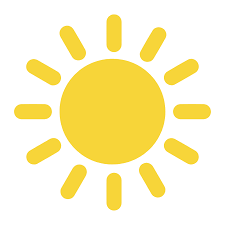 Energy resource
Energy resource

 Energy resource
Energy resource
 Onshore and offshore wind farms
Onshore and offshore wind farms

 Energy resource
Energy resource
 *Renewable energy
*Renewable energy
 Erneuerbare Energie
Erneuerbare Energie
 Erneuerbare Energie
Erneuerbare Energie
 Windenergie
Windenergie
 Netherlands
Netherlands



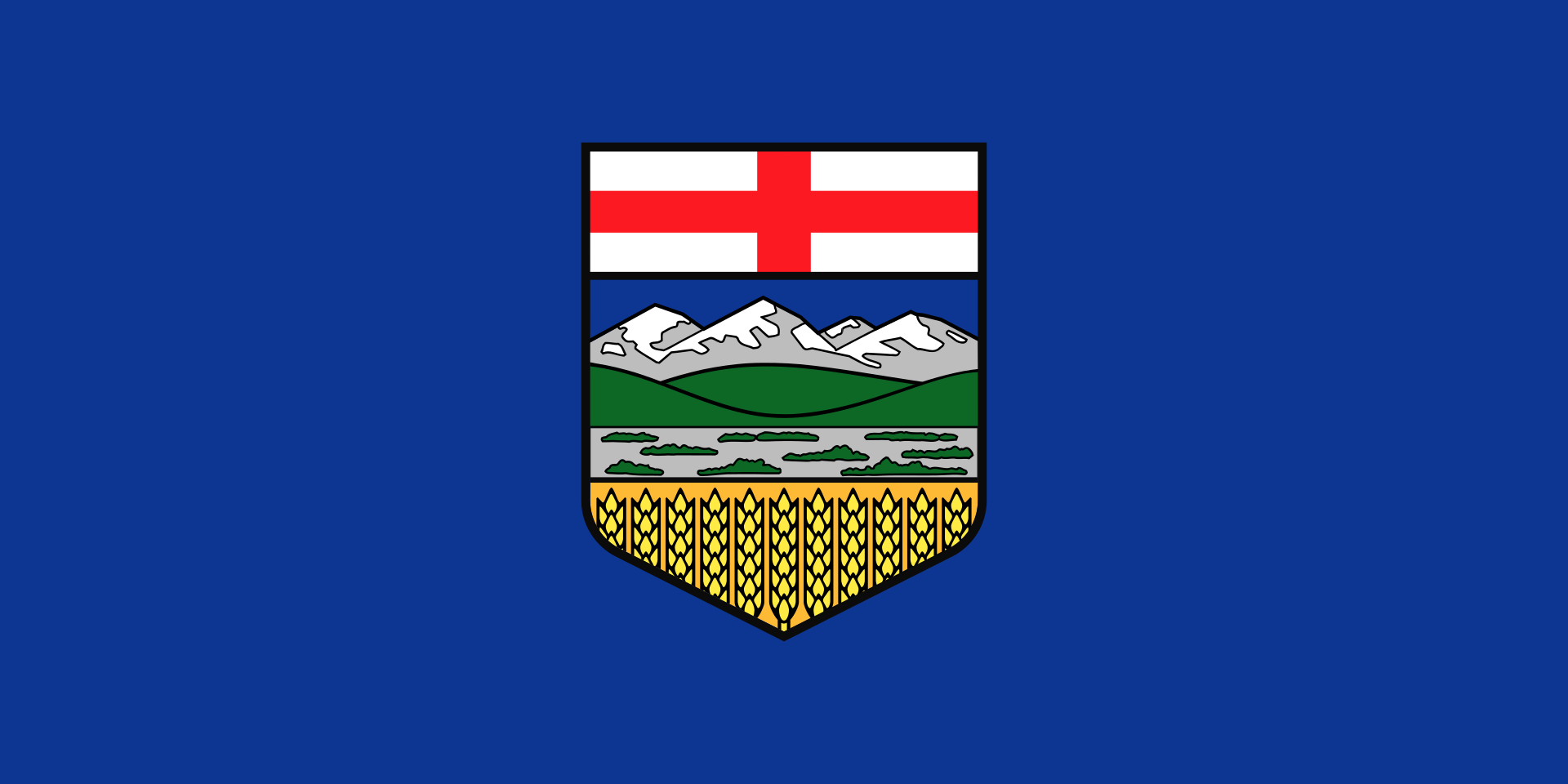 Alberta-AB
Alberta-AB
 Australia
Australia

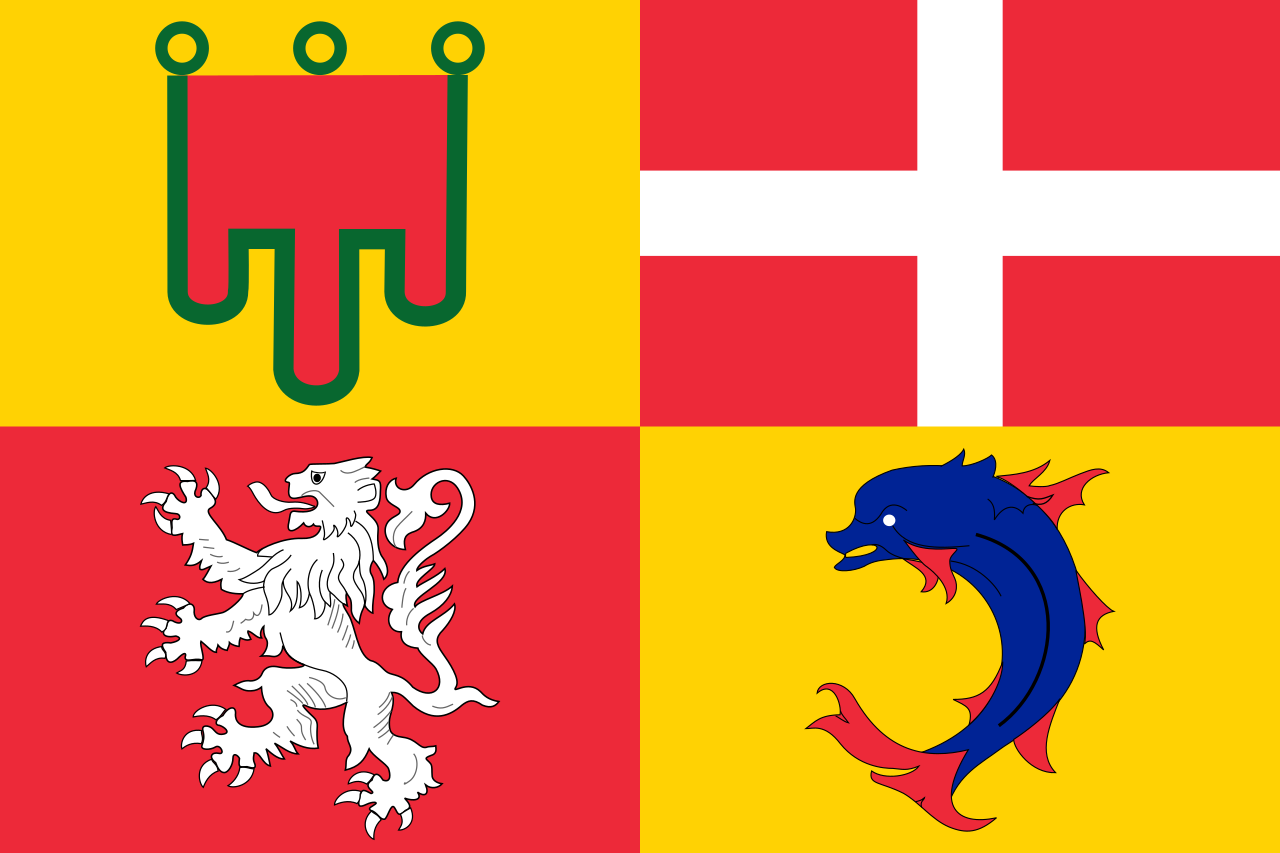 Auvergne-Rhône-Alpes
Auvergne-Rhône-Alpes

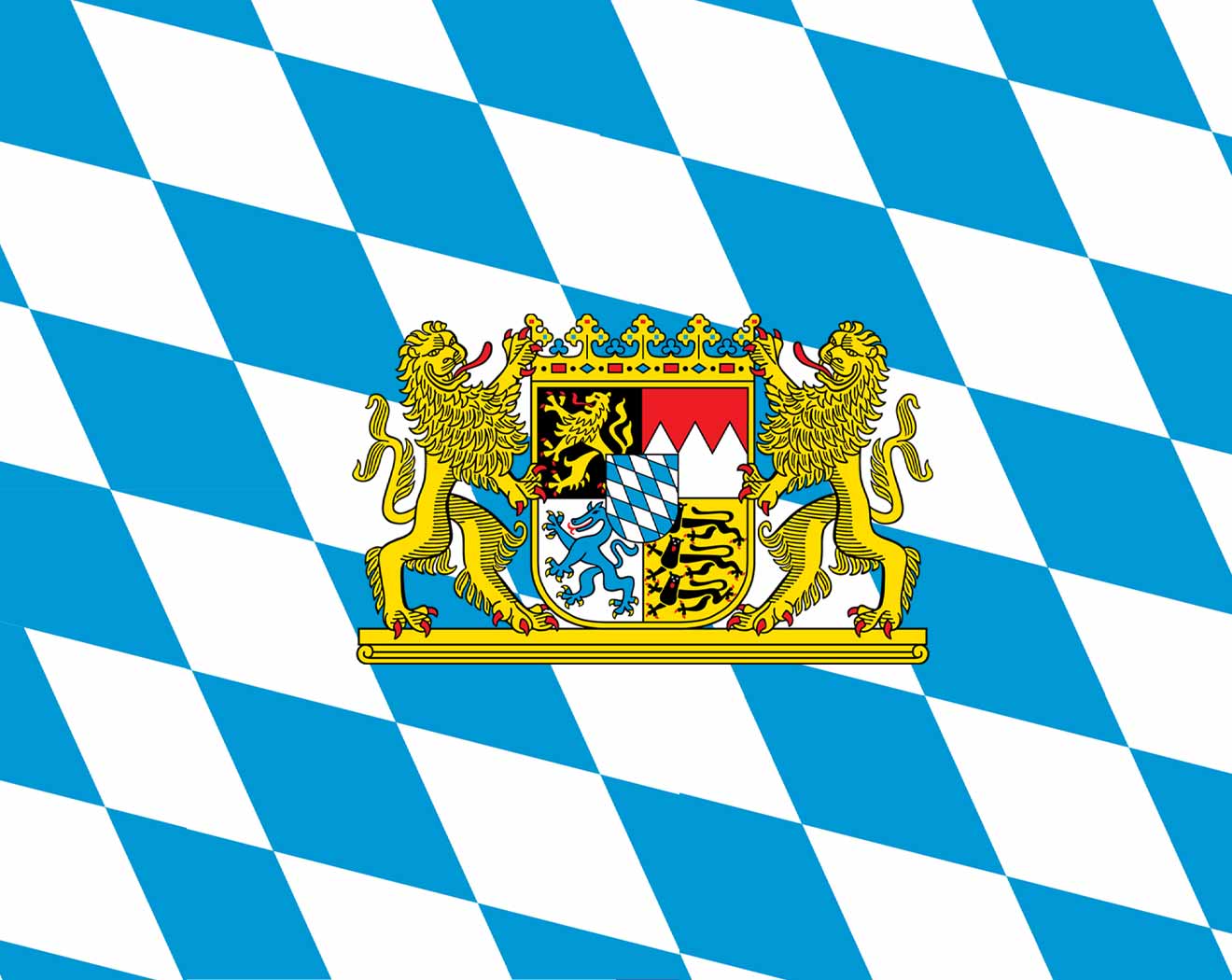 Bavaria
Bavaria
 Beijing Shi-BJ
Beijing Shi-BJ
 Belgium
Belgium

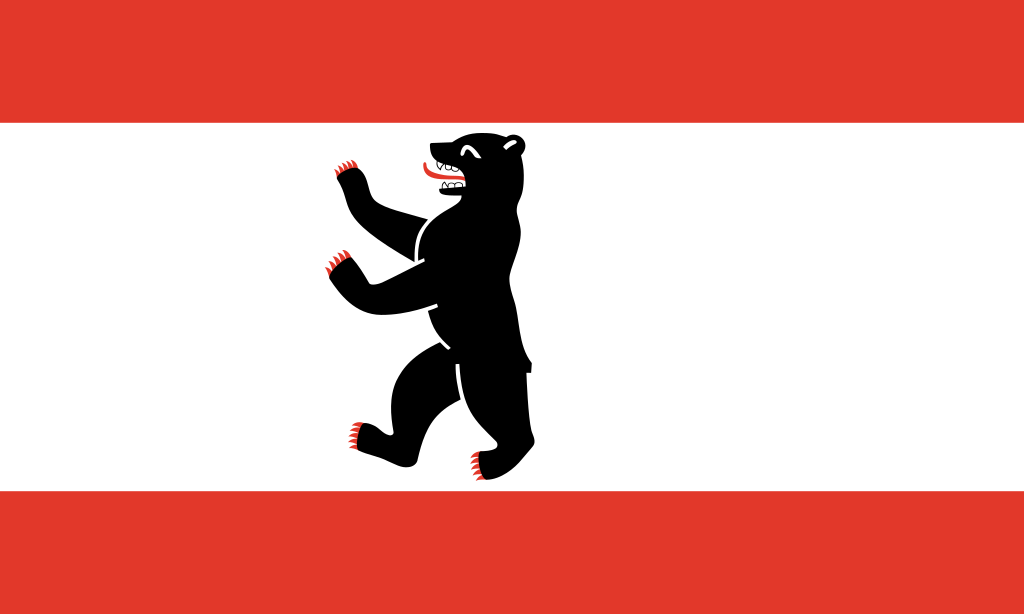 Berlin
Berlin
 Bosnia Herzegovina
Bosnia Herzegovina
 Brazil
Brazil

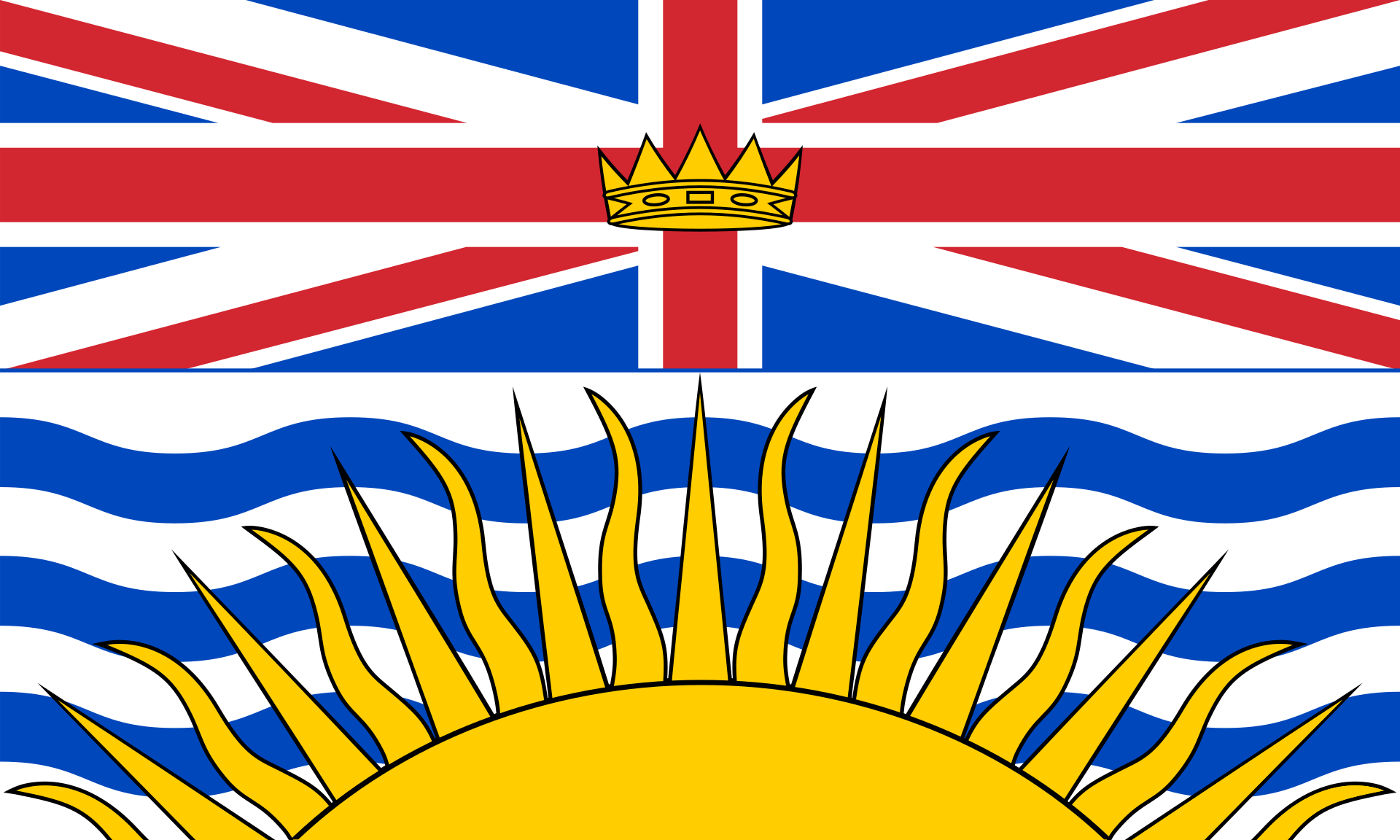 British Columbia-BC
British Columbia-BC

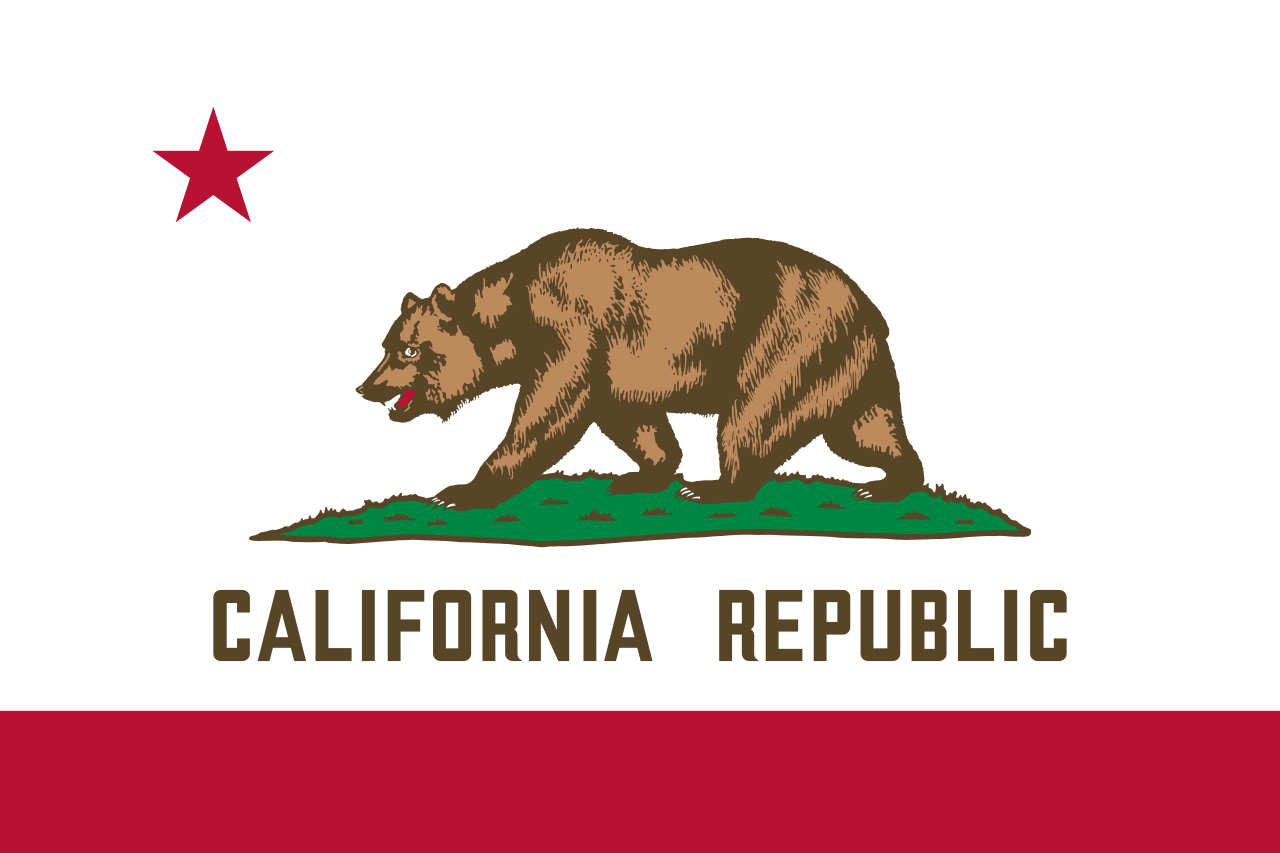 California-CA
California-CA

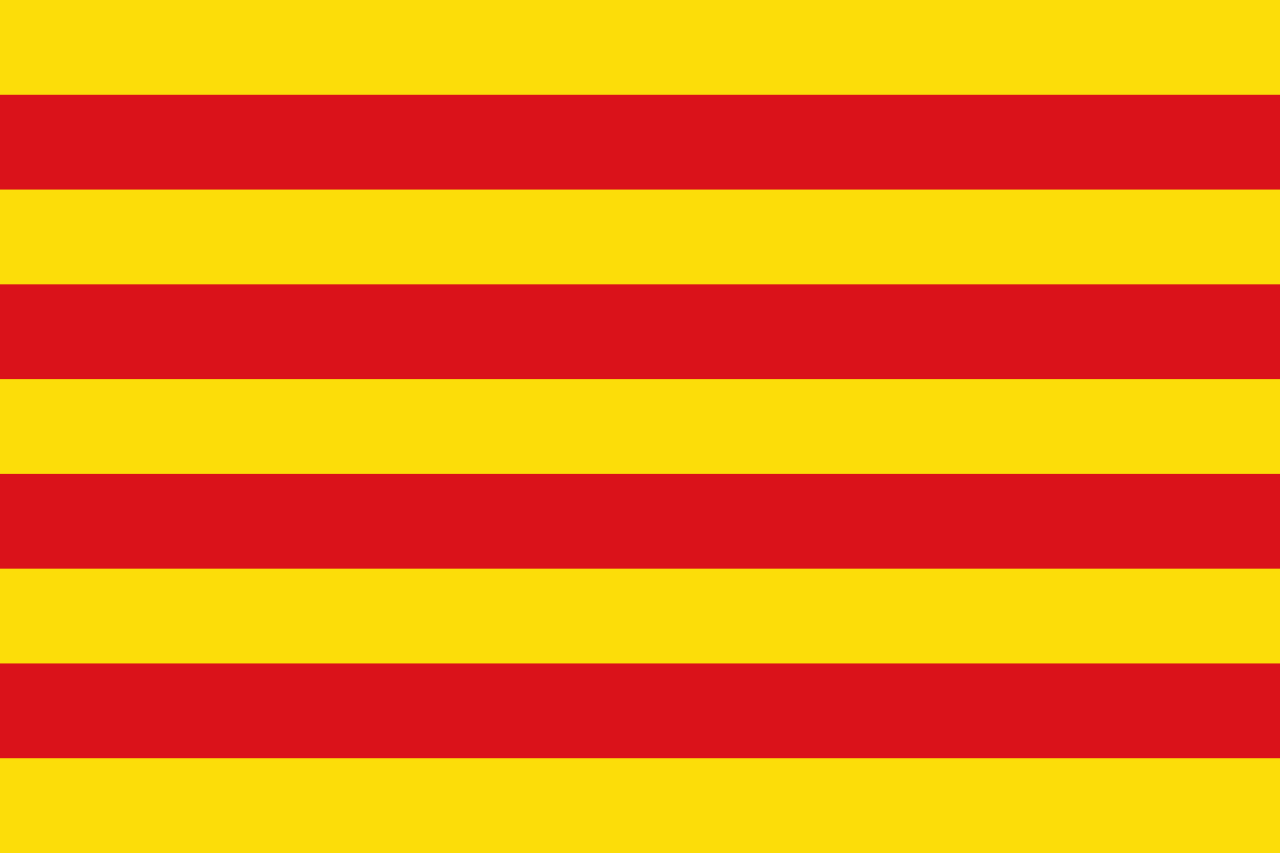 Cataluña
Cataluña
 China
China
 Chūbu
Chūbu
 Germany
Germany
 England
England
 Finland
Finland
 France
France

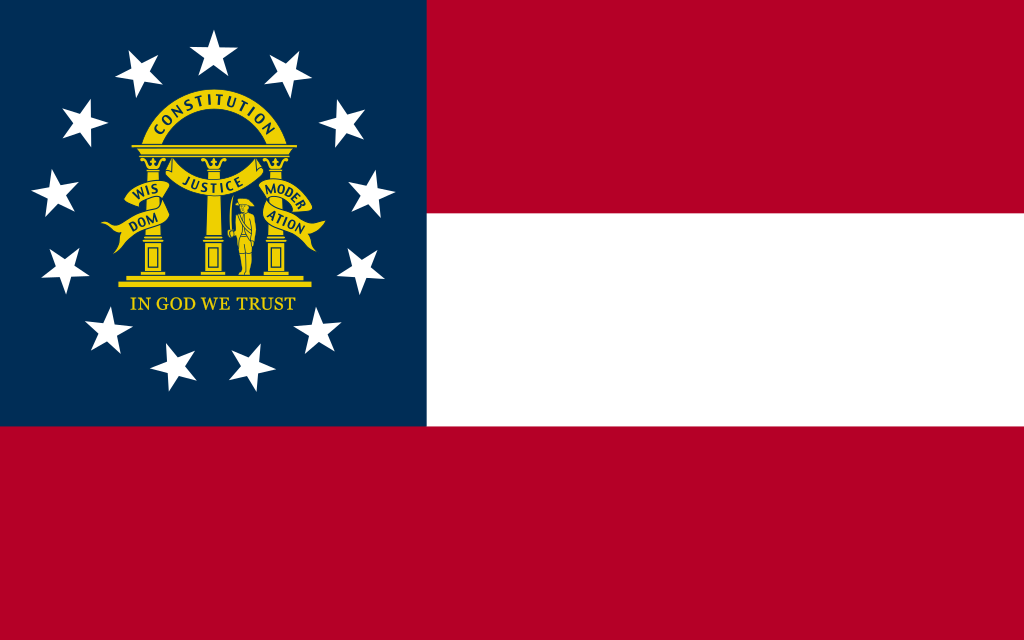 Georgia-GA
Georgia-GA
 Greece
Greece
 Hebei Sheng-HE
Hebei Sheng-HE
 Hokkaidō
Hokkaidō

 Ile-de-France
Ile-de-France
 Italy
Italy
 Japan
Japan
 Canada
Canada
 Kantō
Kantō

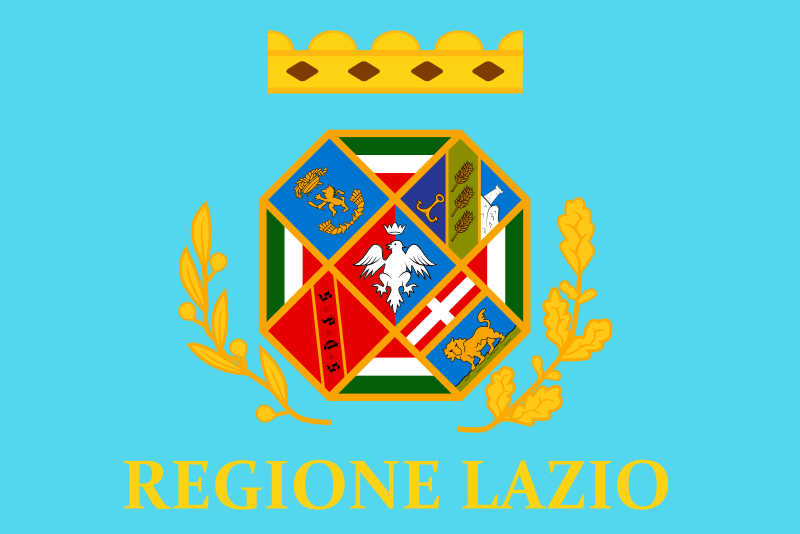 Lazio
Lazio
 Mexico
Mexico

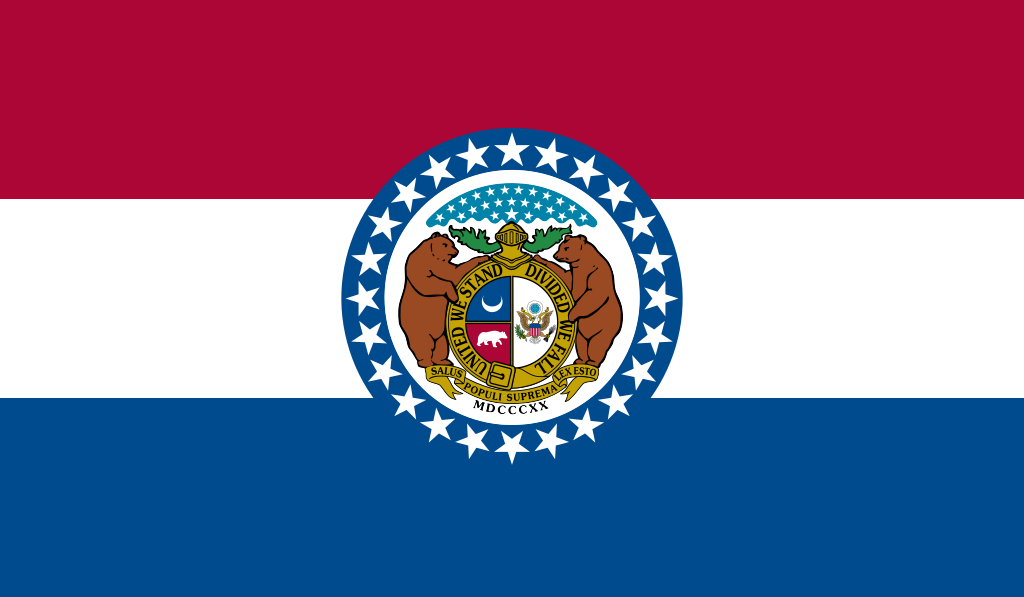 Missouri-MO
Missouri-MO

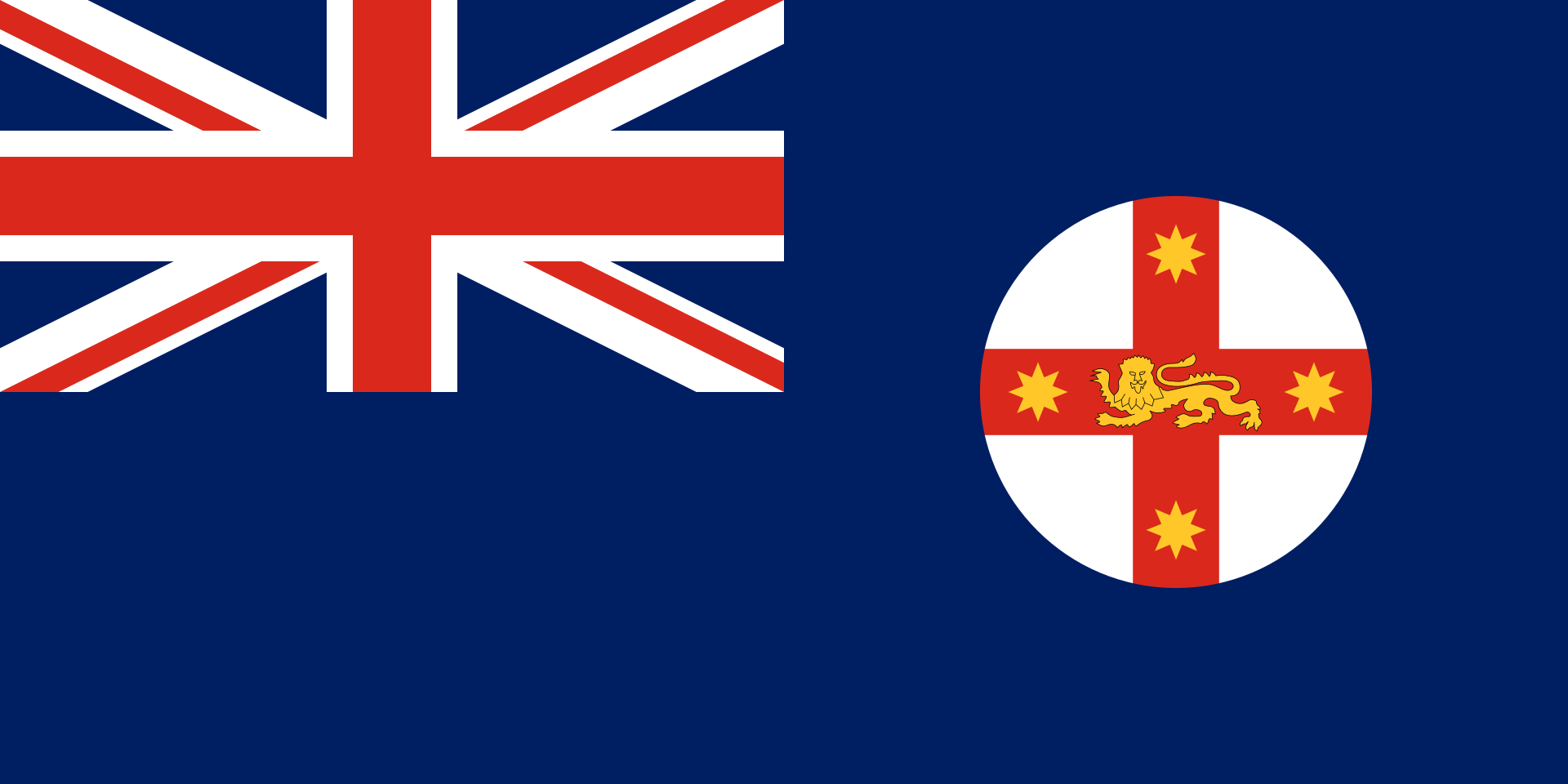 New South Wales-NSW
New South Wales-NSW

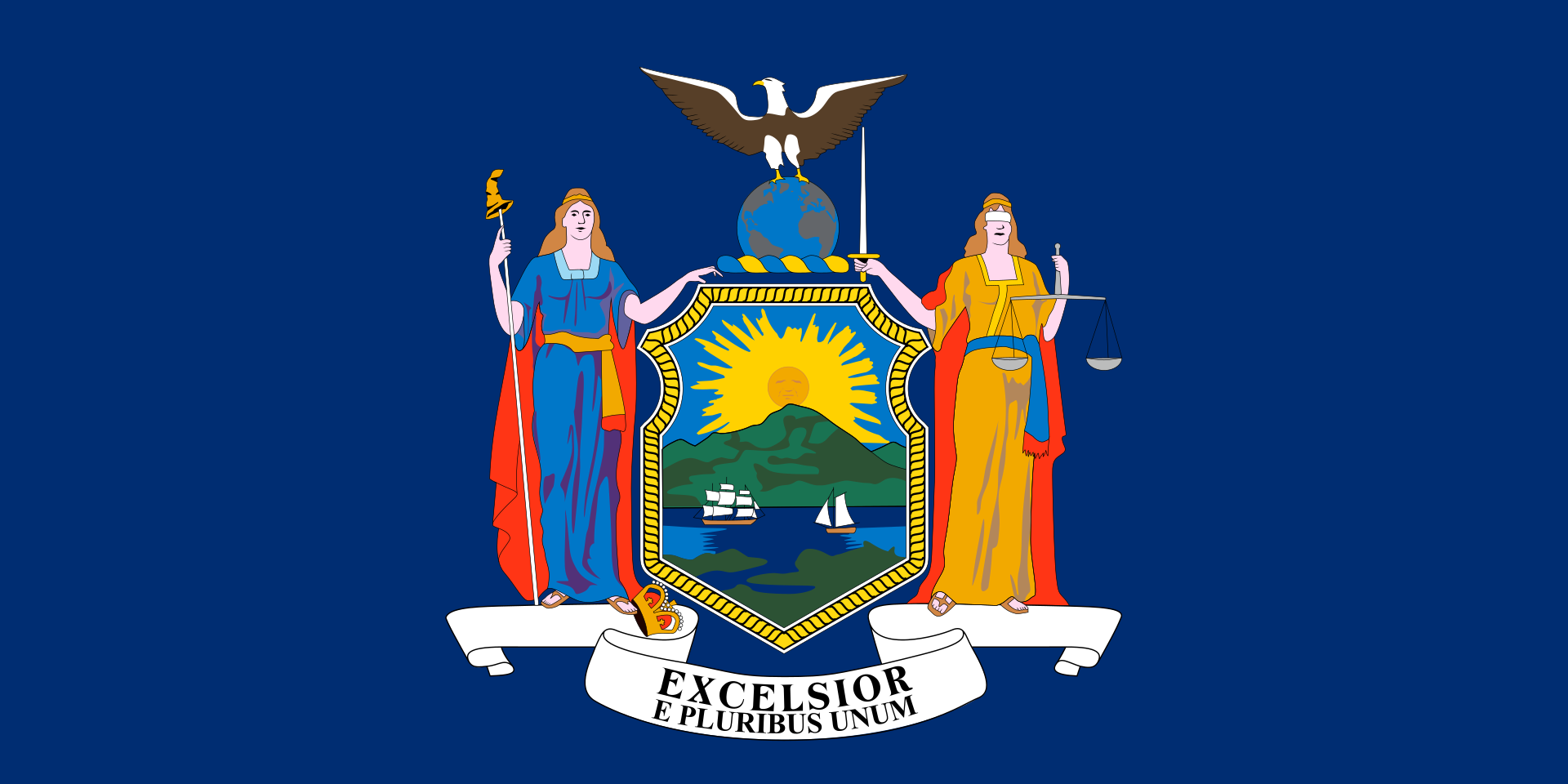 New York-NY
New York-NY
 Netherlands
Netherlands
 Norwegen
Norwegen
 2002 Winter Olympics
2002 Winter Olympics
 2006 Winter Olympics
2006 Winter Olympics
 2010 Winter Olympics
2010 Winter Olympics
 2014 Winter Olympics
2014 Winter Olympics
 2018 Winter Olympics
2018 Winter Olympics
 2022 Winter Olympics
2022 Winter Olympics
 Austria
Austria

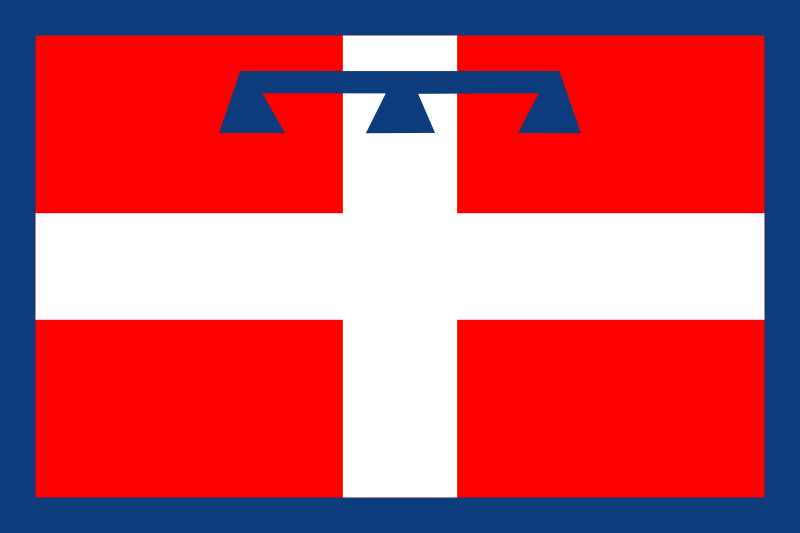 Piemonte
Piemonte

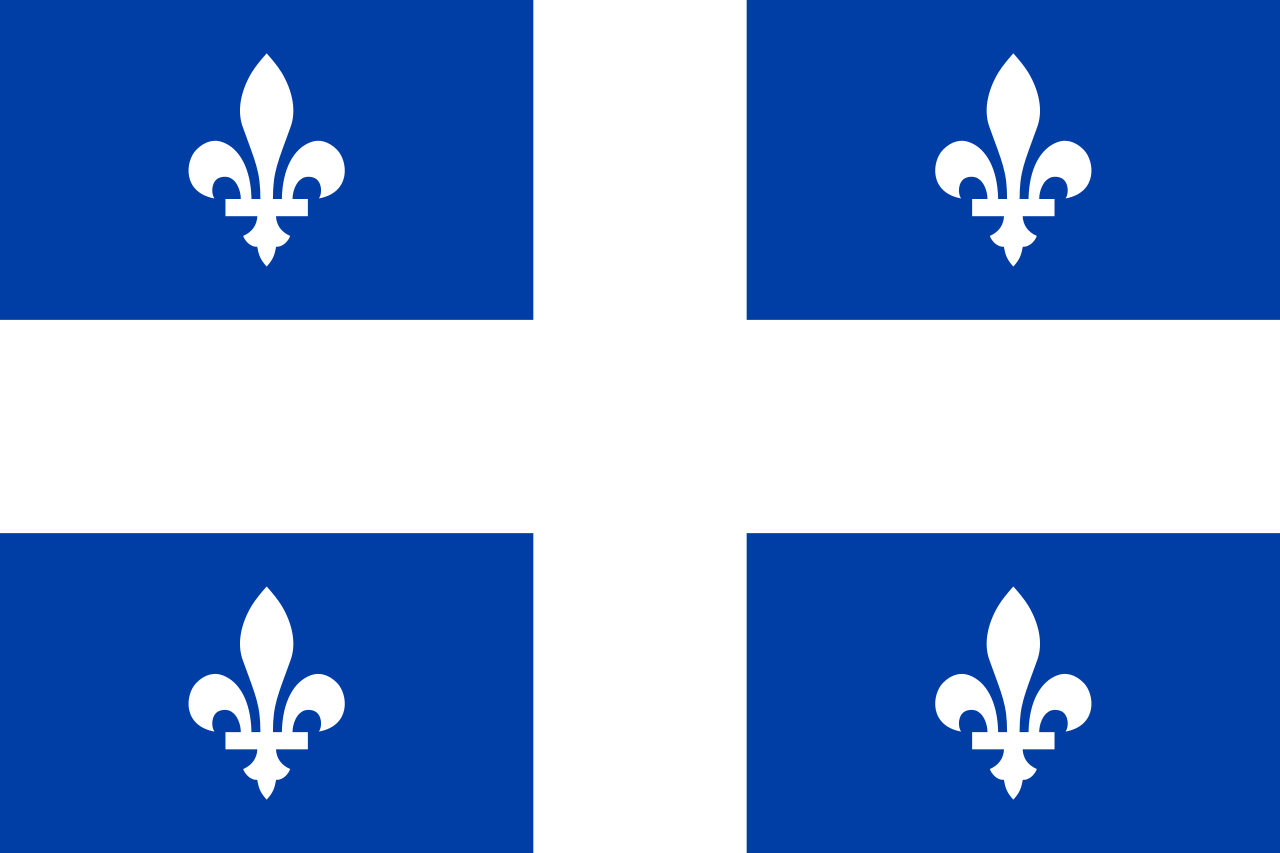 Quebec-QC
Quebec-QC
 Republic of Korea
Republic of Korea
 Rio de Janeiro
Rio de Janeiro
 Russia
Russia

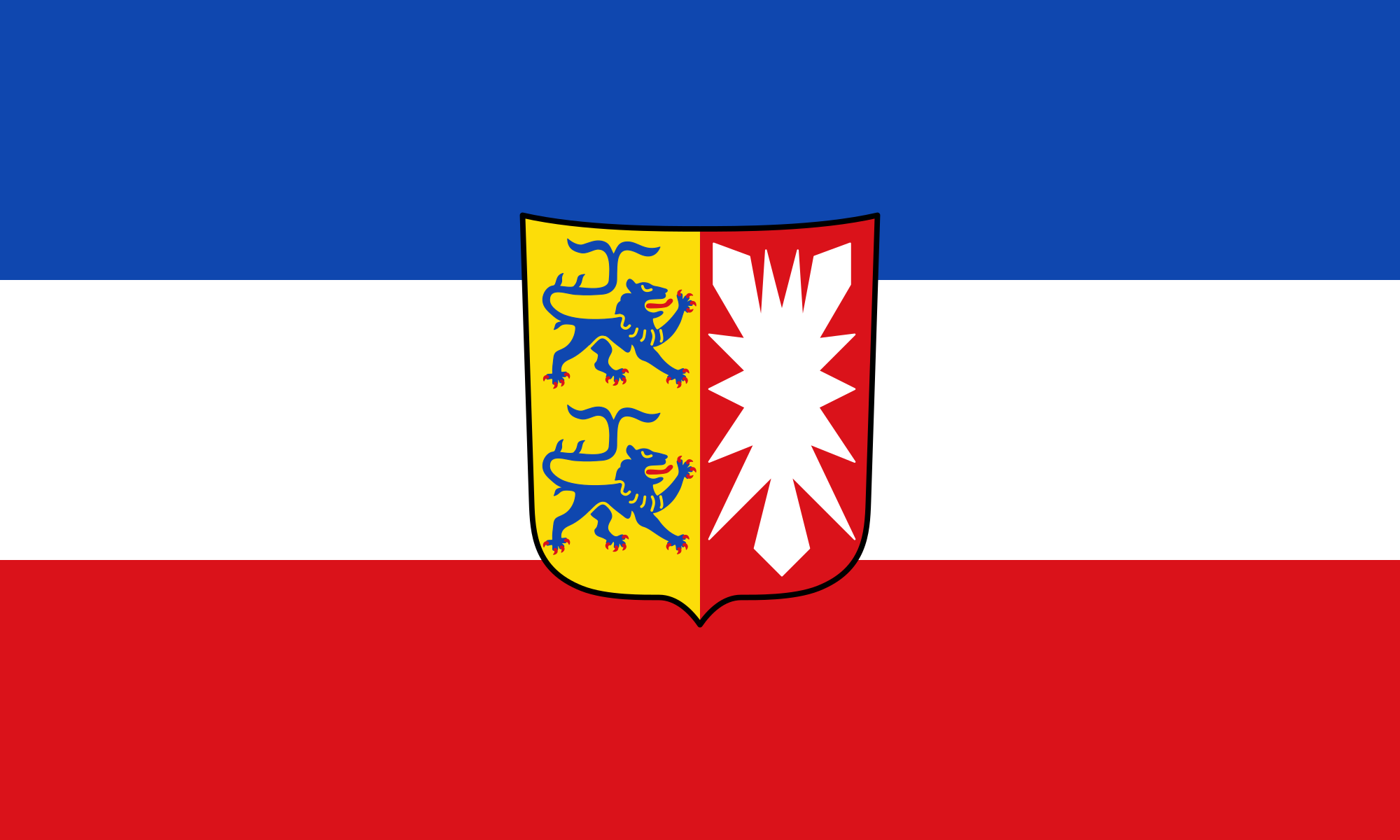 Schleswig-Holstein
Schleswig-Holstein
 Sweden
Sweden
 Switzerland
Switzerland
 Spain
Spain

 Sport
Sport

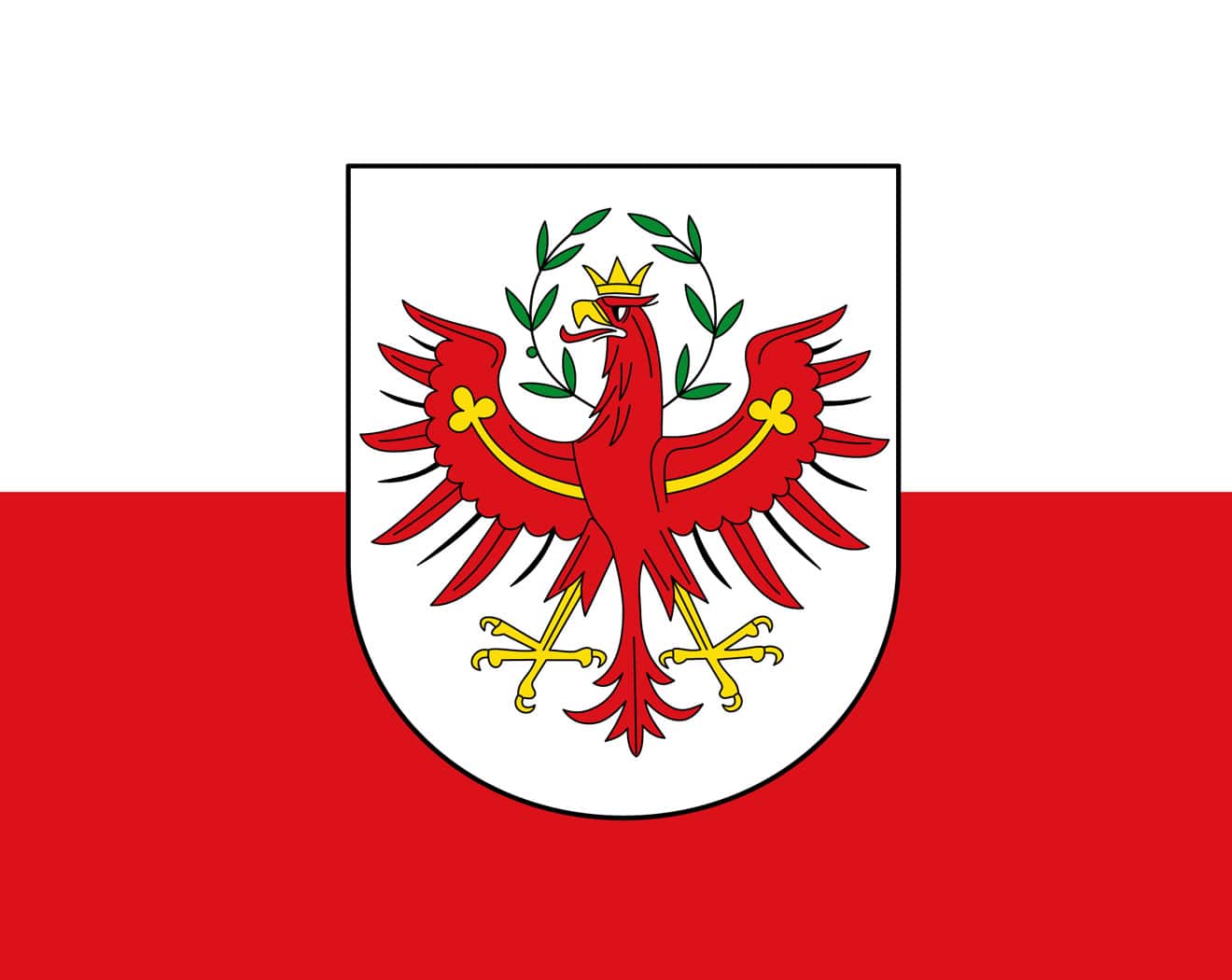 Tyrol
Tyrol

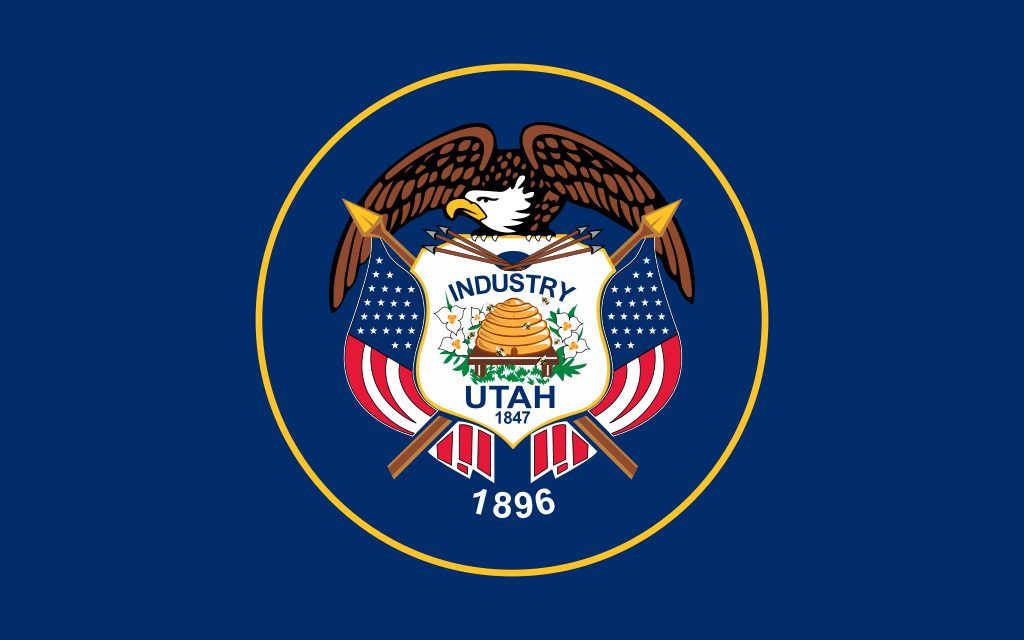 Utah-UT
Utah-UT

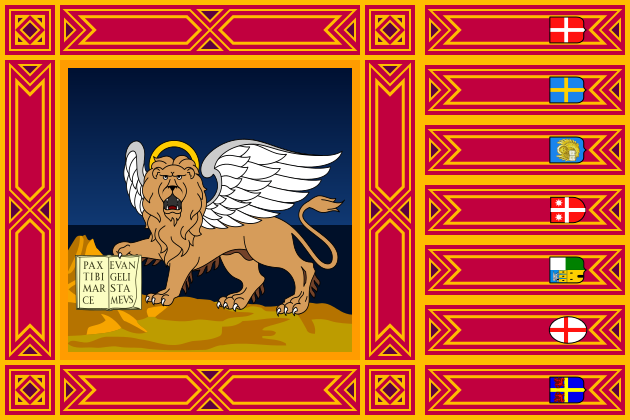 Veneto
Veneto
 United States
United States
 United Kingdom
United Kingdom

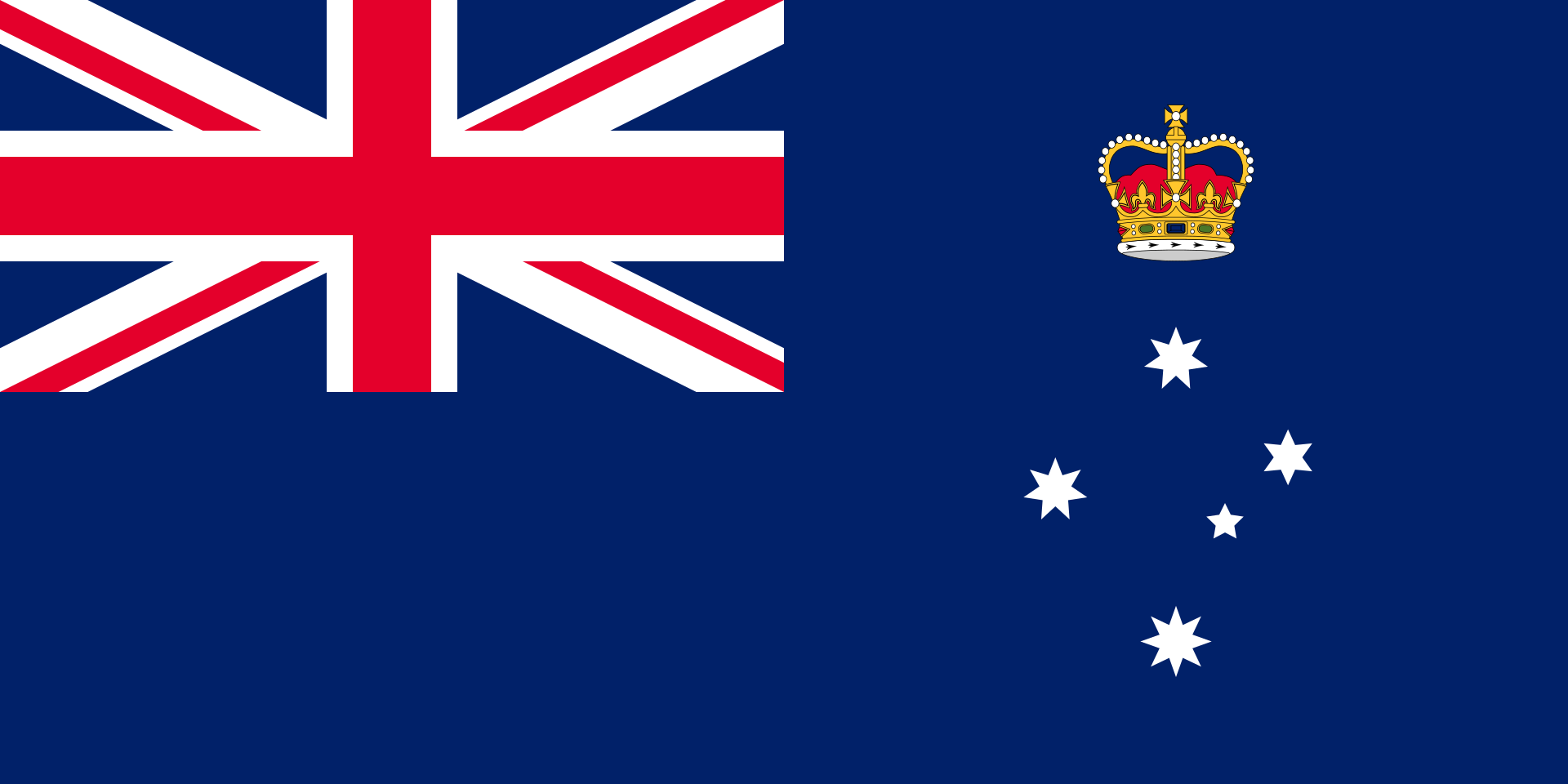 Victoria-VIC
Victoria-VIC

奥林匹克圣火(英语:Olympic Flame)是奥林匹克运动会的标志。它在古代奥运会上燃烧以纪念古希腊神话中,普罗米修斯从宙斯手中偷来的火。从1928年开始,奥林匹克圣火又重新成为了奥运会的一部分。从1936年柏林奥运会开始出现了圣火传递。它有着传承火焰,生生不息的意义。
Das olympische Feuer ist ein Symbol der olympischen Bewegung. Es ist auch ein Symbol der Kontinuität zwischen den antiken und den modernen Spielen.[1] Das olympische Feuer wird einige Monate vor den Olympischen Spielen in Olympia, Griechenland, entzündet. Mit dieser Zeremonie beginnt der olympische Fackellauf, der offiziell mit dem Entzünden des olympischen Kessels während der Eröffnungsfeier der Olympischen Spiele endet. Die Flamme brennt dann während der gesamten Dauer der Spiele im Kessel weiter, bis sie bei der Abschlusszeremonie gelöscht wird.
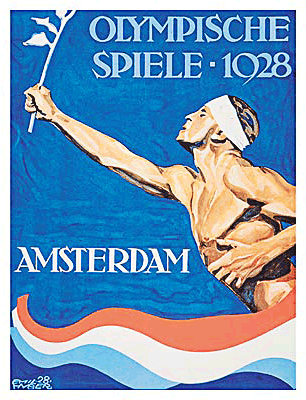
 Australia
Australia
 Belgium
Belgium
 Chile
Chile
 Denmark
Denmark
 Germany
Germany
 Estonia
Estonia
 Finland
Finland
 France
France
 Greece
Greece
 Ireland
Ireland
 Iceland
Iceland
 Israel
Israel
 Italy
Italy
 Japan
Japan
 Canada
Canada
 Luxembourg
Luxembourg
 Mexico
Mexico
 New Zealand
New Zealand
 Netherlands
Netherlands
 Norwegen
Norwegen
 OECD
OECD
 Emiel van Lennep
Emiel van Lennep
 OECD
OECD
 Don Johnston
Don Johnston
 OECD
OECD
 Jean-Claude Paye
Jean-Claude Paye
 OECD
OECD
 José Ángel Gurría
José Ángel Gurría
 OECD
OECD
 Staffan Sohlman
Staffan Sohlman
 OECD
OECD
 Thorkil Kristensen
Thorkil Kristensen
 Austria
Austria
 Poland
Poland
 Portugal
Portugal
 Republic of Korea
Republic of Korea
 Sweden
Sweden
 Switzerland
Switzerland
 Slovakia
Slovakia
 Slovenia
Slovenia
 Spain
Spain
 Czech Republic
Czech Republic
 Turkey
Turkey
 Hungary
Hungary
 United States
United States
 United Kingdom
United Kingdom

 Important International Organizations
Important International Organizations
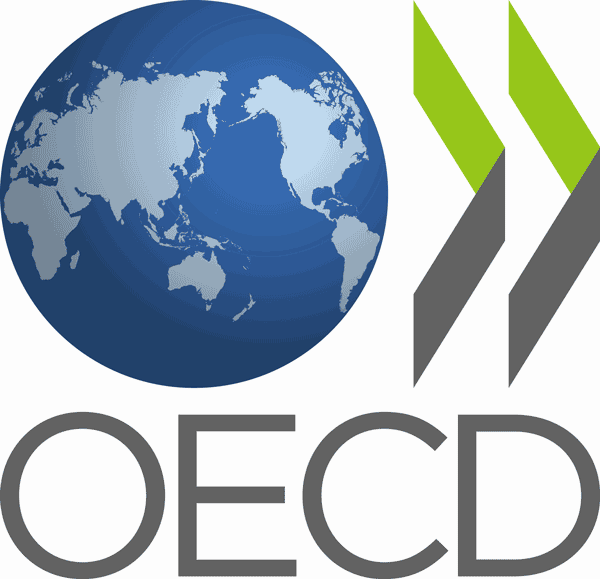
経済協力開発機構(けいざいきょうりょくかいはつきこう)は、国際経済全般について協議することを目的とした国際機関。公用語の正式名称は、英語では"Organisation[1] for Economic Co-operation and Development"(イギリス英語表記)、フランス語では"Organisation de Coopération et de Développement Economiques"。略称は英語ではOECD、フランス語ではOCDE。
本部事務局はパリ16区の旧ラ・ミュエット宮殿に置かれている。事務総長はアンヘル・グリア。
The Organisation for Economic Co-operation and Development (OECD; French: Organisation de Coopération et de Développement Économiques, OCDE) is an intergovernmental economic organisation with 37 member countries,[1] founded in 1961 to stimulate economic progress and world trade. It is a forum of countries describing themselves as committed to democracy and the market economy, providing a platform to compare policy experiences, seek answers to common problems, identify good practices and coordinate domestic and international policies of its members. Generally, OECD members are high-income economies with a very high Human Development Index (HDI) and are regarded as developed countries. As of 2017, the OECD member countries collectively comprised 62.2% of global nominal GDP (US$49.6 trillion)[3] and 42.8% of global GDP (Int$54.2 trillion) at purchasing power parity.[4] The OECD is an official United Nations observer.[5]
In 1948, the OECD originated as the Organisation for European Economic Co-operation (OEEC),[6] led by Robert Marjolin of France, to help administer the Marshall Plan (which was rejected by the Soviet Union and its satellite states).[7] This would be achieved by allocating United States financial aid and implementing economic programs for the reconstruction of Europe after World War II. (Similar reconstruction aid was sent to the war-torn Republic of China and post-war Korea, but not under the name "Marshall Plan".)[8]
In 1961, the OEEC was reformed into the Organisation for Economic Co-operation and Development by the Convention on the Organisation for Economic Co-operation and Development and membership was extended to non-European states.[9][10] The OECD's headquarters are at the Château de la Muette in Paris, France.[11] The OECD is funded by contributions from member countries at varying rates and had a total budget of €386 million in 2019.[2]
Although OECD does not have a power to enforce its decisions, which further require unanimous vote from its members, it is recognized as highly influential publisher of mostly economic data through publications as well as annual evaluations and rankings of members countries.[12]
L'Organisation de coopération et de développement économiques (OCDE) est une organisation internationale d'études économiques, dont les pays membres — des pays développés pour la plupart — ont en commun un système de gouvernement démocratique et une économie de marché. Elle joue essentiellement un rôle d'assemblée consultative1.
L'OCDE a succédé à l'Organisation européenne de coopération économique (OECE) issue du plan Marshall et de la Conférence des Seize (Conférence de coopération économique européenne) qui a existé de 1948 à 1960. Son but était l'établissement d'une organisation permanente chargée en premier lieu d'assurer la mise en œuvre du programme de relèvement commun (le plan Marshall), et, en particulier, d'en superviser la répartition2.
En 2020, l'OCDE compte 37 pays membres et regroupe plusieurs centaines d'experts. Elle publie fréquemment des études économiques et sociales — analyses, prévisions et recommandations de politique économique — et des statistiques, principalement concernant ses pays membres.
Le siège de l'OCDE se situe à Paris (16e), au château de la Muette. L'organisation possède également des bureaux dans plusieurs autres métropoles, notamment à Berlin, Mexico, Tokyo et Washington.
L'Organizzazione per la cooperazione e lo sviluppo economico (OCSE) – in inglese Organization for Economic Co-operation and Development (OECD), e in francese Organisation de coopération et de développement économiques (OCDE) – è un'organizzazione internazionale di studi economici per i paesi membri, paesi sviluppati aventi in comune un'economia di mercato.
L'organizzazione svolge prevalentemente un ruolo di assemblea consultiva che consente un'occasione di confronto delle esperienze politiche, per la risoluzione dei problemi comuni, l'identificazione di pratiche commerciali e il coordinamento delle politiche locali e internazionali dei paesi membri[1]. Ha sede a Parigi nello Château de la Muette[2].
Gli ultimi paesi ad aver aderito all'OCSE sono la Colombia (28 aprile 2020),la Lettonia (1º luglio 2016) e la Lituania (5 luglio 2018), per un totale di 36 paesi membri.
La Organización para la Cooperación y el Desarrollo Económico1 (OCDE) es un organismo de cooperación internacional, compuesto por 37 estados,34 cuyo objetivo es coordinar sus políticas económicas y sociales. La OCDE fue fundada en 1961 y su sede central se encuentra en el Château de la Muette en París (Francia). Los idiomas oficiales de la entidad son el francés y el inglés.2
En la OCDE, los representantes de los países miembros se reúnen para intercambiar información y armonizar políticas con el objetivo de maximizar su crecimiento económico y colaborar a su desarrollo y al de los países no miembros.
Conocida como «club de los países ricos»,56 a partir de 2017, sus países miembros comprendieron colectivamente el 62,2 % del PIB nominal global (US$49,6 billones) y el 42,8 % del PIB global (Int US$54,2 billones).7
Организа́ция экономи́ческого сотру́дничества и разви́тия (сокр. ОЭСР, англ. Organisation for Economic Co-operation and Development, OECD) — международная экономическая организация развитых стран, признающих принципы представительной демократии и свободной рыночной экономики.
Создана в 1948 году под названием Организа́ция европе́йского экономи́ческого сотру́дничества (англ. Organisation for European Economic Co-operation, OEEC) для координации проектов экономической реконструкции Европы в рамках плана Маршалла.
Штаб-квартира организации располагается в Шато де ла Мюетт, в Париже. Генеральный секретарь (с 2006 года) — Хосе Анхель Гурриа Тревиньо (Мексика). Руководящим органом ОЭСР является совет представителей стран — членов организации. Все решения в нём принимаются на основе консенсуса.
По данным на 2011 год, в странах ОЭСР проживало 18 % населения мира[2].
 *Organization for the Prohibition of Chemical Weapons,OPCW
*Organization for the Prohibition of Chemical Weapons,OPCW

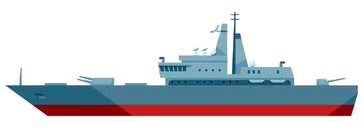
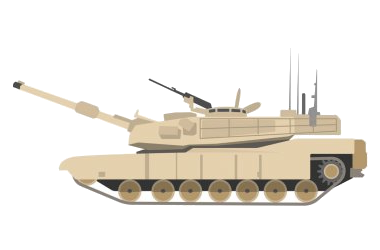

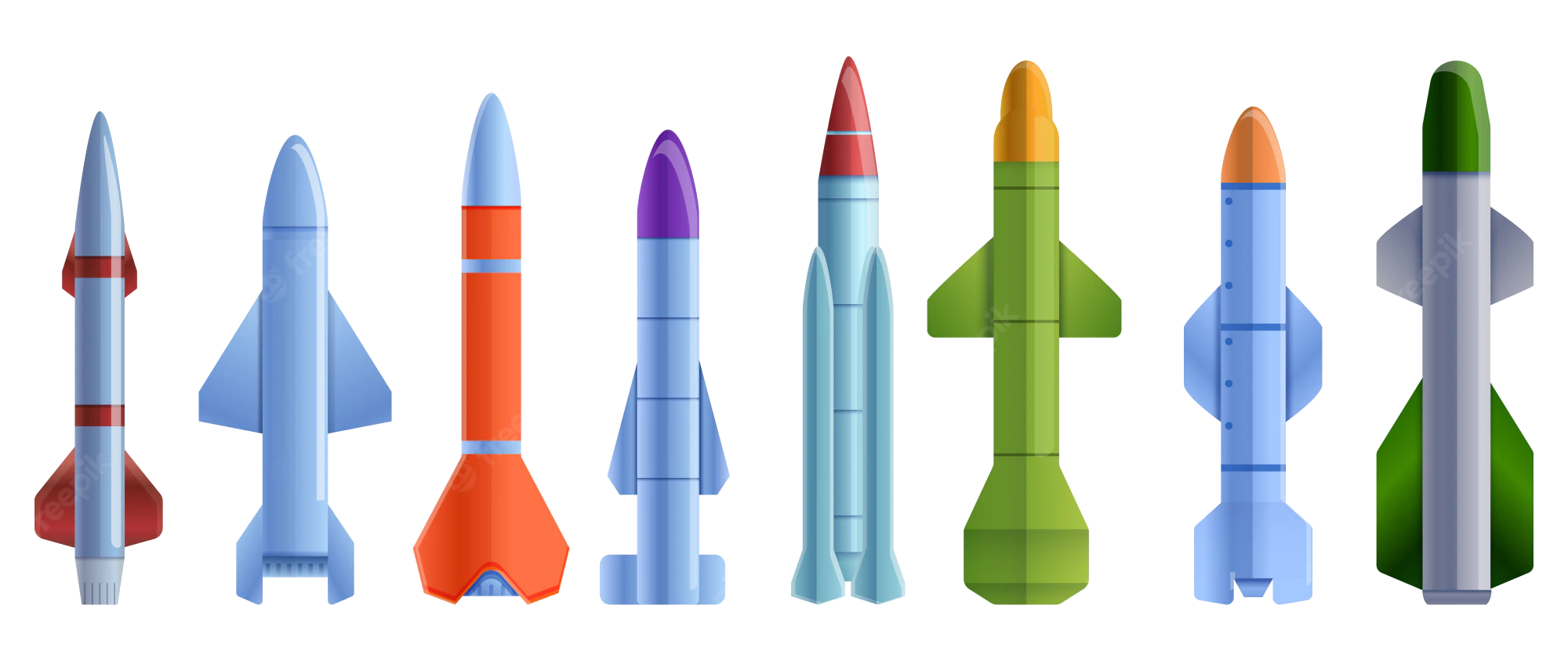 Military, defense and equipment
Military, defense and equipment
 Netherlands
Netherlands
 Nobel prize
Nobel prize
 Nobel prize
Nobel prize
 2013
2013

 Party and government
Party and government

 Important International Organizations
Important International Organizations

禁止化学武器组织(英语:Organization for the Prohibition of Chemical Weapons,缩写:OPCW),是一个于1997年成立的国际组织[1],总部设于荷兰海牙,与联合国密切合作,是为执行《禁止化学武器公约》而创立的,以实地查察等方式,推行禁用及销毁化学武器的工作。[3]
2013年10月11日,挪威诺贝尔委员会公布,“因其对消除化学武器的多方努力”,颁授2013年诺贝尔和平奖给禁止化学武器组织[4]。
Die Organisation für das Verbot chemischer Waffen (englisch Organisation for the Prohibition of Chemical Weapons, OPCW) ist eine unabhängige internationale Organisation, die durch die Vertragsstaaten der Chemiewaffenkonvention begründet wurde. Sie überwacht die Einhaltung und Umsetzung dieser Konvention und legt die Rahmenbedingungen für die Vernichtung von Chemiewaffen fest.
 Australia
Australia
 Belgium
Belgium
 Brazil
Brazil
 Denmark
Denmark
 Germany
Germany
 Finland
Finland
 France
France
 Ireland
Ireland
 Israel
Israel
 Italy
Italy
 Japan
Japan
 Canada
Canada
 Netherlands
Netherlands
 Norwegen
Norwegen
 Austria
Austria
 Republic of Korea
Republic of Korea
 Russia
Russia
 Sweden
Sweden
 Switzerland
Switzerland
 Spain
Spain
 United States
United States
 United Kingdom
United Kingdom
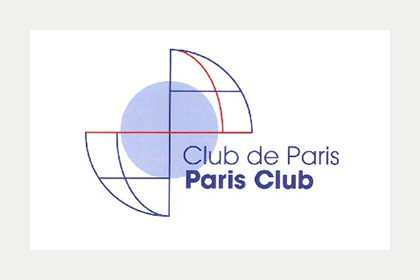






 IT-Times
IT-Times
 Precision Instrument/Medical Equipment/Research Equipment
Precision Instrument/Medical Equipment/Research Equipment

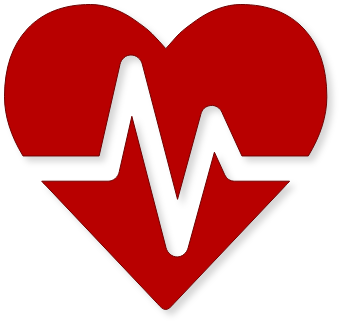 Medical, Pharmaceutical, Rehabilitation
Medical, Pharmaceutical, Rehabilitation
 Medical Equipment
Medical Equipment

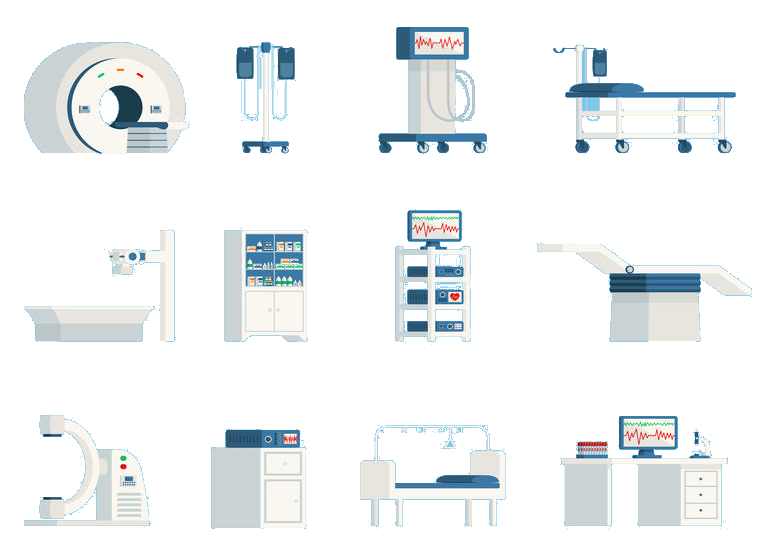 Medical equipment
Medical equipment
 Medizinische Bildgebung
Medizinische Bildgebung

 Medical equipment
Medical equipment
 Dental Equipment
Dental Equipment
 Netherlands
Netherlands

 Companies
Companies

 History
History
 Economy and trade
Economy and trade
 Financial
Financial
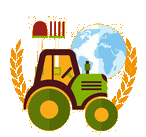 Agriculture, forestry, livestock, fishing
Agriculture, forestry, livestock, fishing
 Life and Style
Life and Style
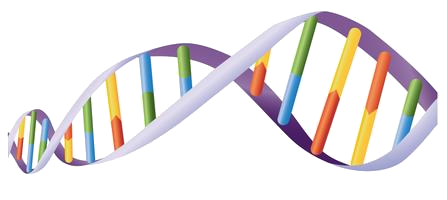 Science and technology
Science and technology